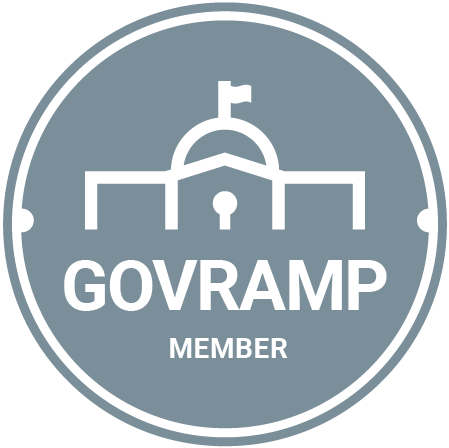Who will develop the next big disruptive technology in the emerging $400 billion GovTech market? Will it be a bootstrapped startup, a government CIO, or a graduate research student? What if we said it could be all three?
As communities modernize, developing innovative tech solutions to urban and civic challenges will require a multi-sector effort. Through the Startup In Residence (STIR) program, a 16-week, mostly remote program that connects startups with government partners to solve pressing urban challenges, City Innovate aims to do just that.
This year, City Innovate is calling on academic entrepreneurial teams to apply to solve one of the challenges put forward by the program. We want to help research and development teams identify, understand, create solutions for, and publicly share learnings from real-world civic challenges. The STIR framework guides participants through this process by adopting the mindset and methods of a startup. Through the STIR framework, academic teams will be recruited and supported in conducting research to address community challenges identified by local government.
Challenges will be released on September 25th, but startups can register to be notified of the challenges here.
“Some of the best technological advancements have come out of university labs, classrooms, and entrepreneurship communities within academic centers,” said Jay Nath, executive director at City Innovate. “By welcoming academic teams into the STIR program, we hope to accelerate the societal benefits of work coming out of academia through the creation of new research projects and solutions that address critical societal challenges.”
The STIR program has had successful participants from the academic sector in previous cohorts.
For example, Symbium, a platform developed by a team of students and professors at Stanford University that uses technology to optimize regulatory processes, worked with the San Francisco Planning Department to create a user-friendly solution for the planning code so that planners and businesses can more easily identify where a specific business type could be located and better understand how the code applies to properties.
Another academic startup, UrbanSim, employs data science, simulation and visualization to create open-source, 3-D visualizations of cities. UrbanSim founder Paul Waddell, a professor at UC Berkeley, developed the platform as part of the 2017 STIR program, working with the San Francisco Mayor’s Office of Housing & Community Development to design a software solution for analyzing whether various plots of land and buildings are suitable for affordable housing construction. Previously, Waddell worked with the San Francisco Planning to Department to build a web-based platform that helps planners analyze and visualize options for housing developments based on city zoning laws. Waddell sold that startup, Synthicity, to Autodesk after participating in the 2014 STIR program.
Academic teams interested in learning more can hear from industry leaders on September 6 through a webinar hosted by City Innovate: “How Academia Can Transform the $400B GovTech Sector.” Speakers include leaders from MetroLab, VentureWell, UrbanSim, and City Innovate. You can find out more here.



